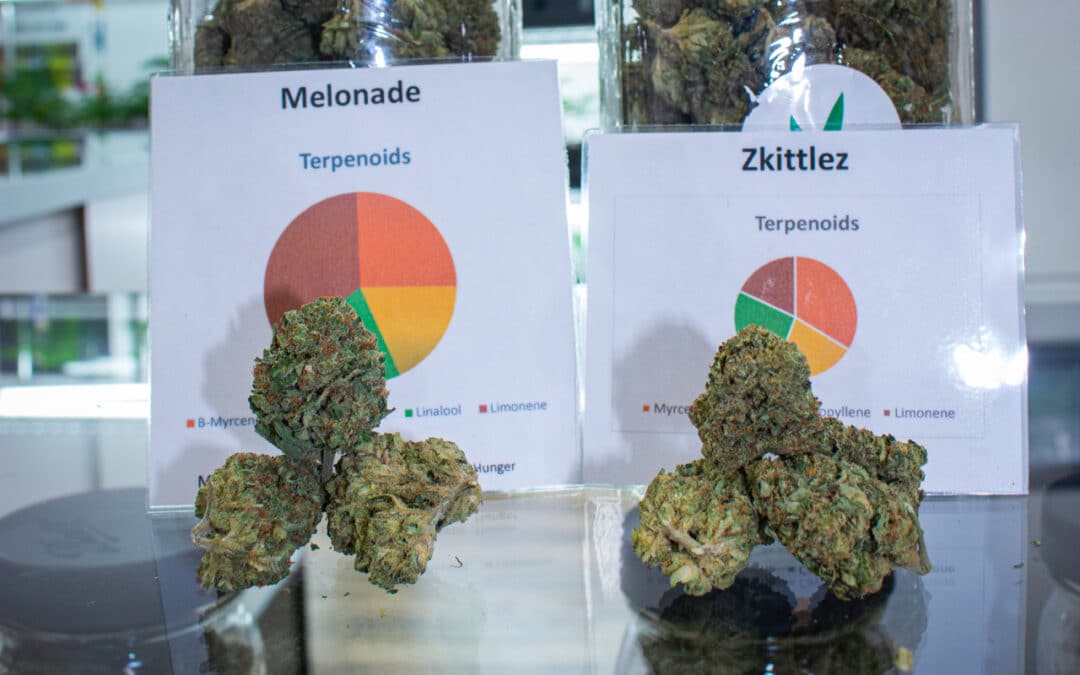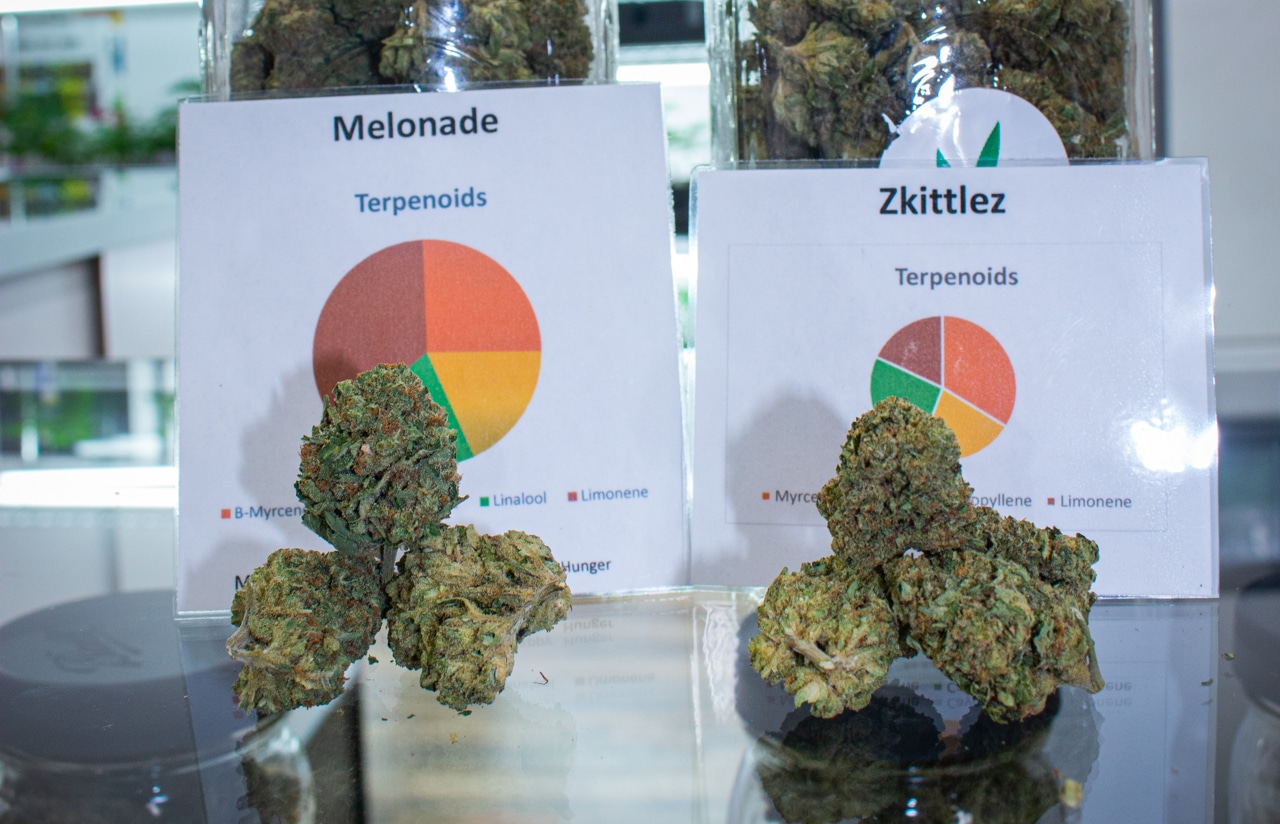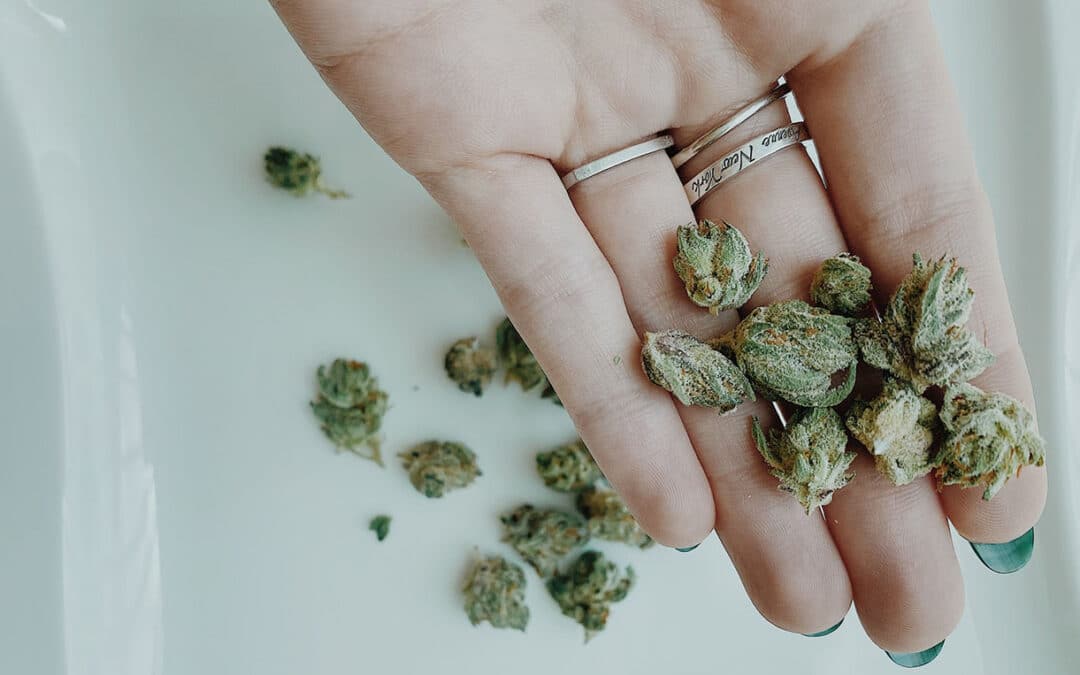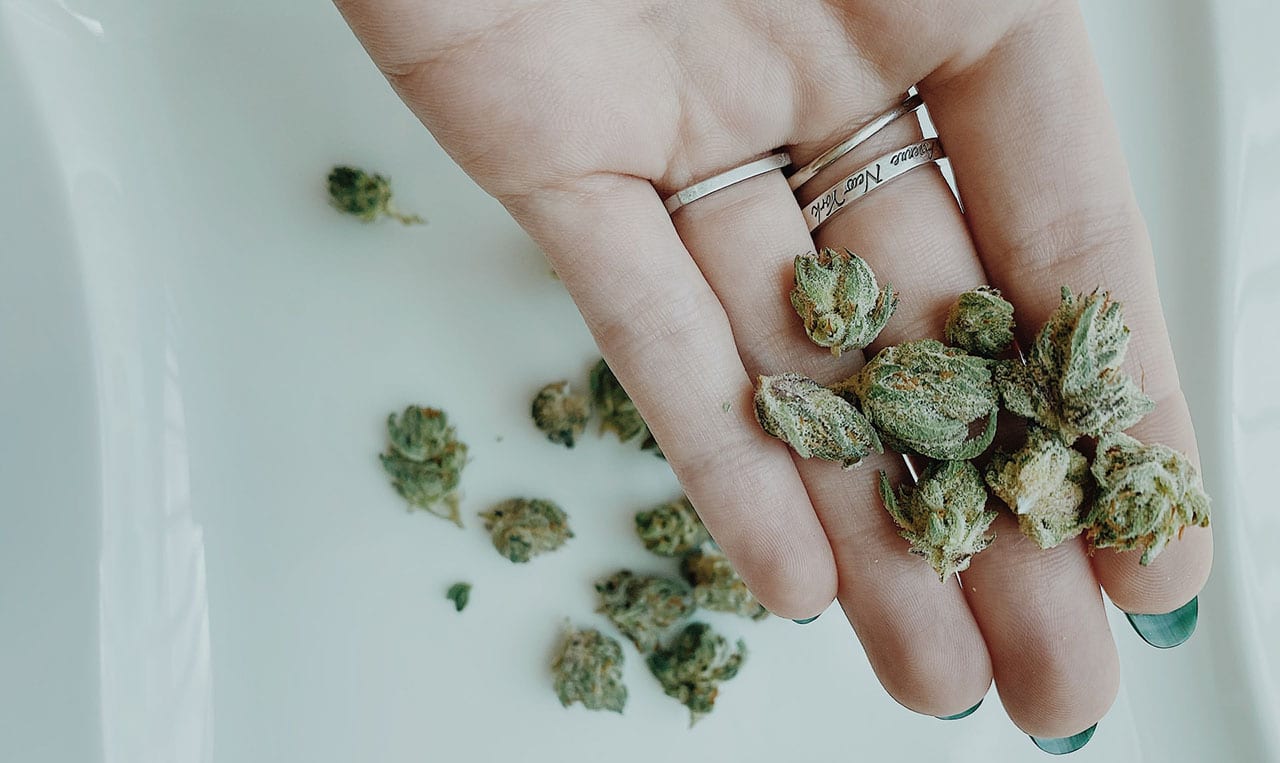
New Jersey prepares to launch recreational cannabis market

New Jersey’s recreational cannabis market is gearing up to launch within weeks and is poised to become one of the largest on the East Coast with annual sales projected to top $2 billion within a few years.
The state is positioned to beat rival New York to the punch and to match, if not exceed, Massachusetts in annual adult-use sales.
But, like most new markets, industry officials are concerned about whether supply will be adequate to meet demand – at least in the early stages.
New Jersey’s adult-use market – approved by voters in November 2020 – is expected to launch with only a handful or so of the state’s existing medical cannabis operators.
The start of recreational marijuana sales also comes as social equity applicants are struggling to develop their business know-how, raise funds and secure real estate.
Existing medical marijuana operators might get as much as an 18-month head start on some new cannabis businesses, an industry expert said.
Missed deadline
The recreational marijuana law implementing the voter initiative called for sales to begin by Feb. 22, 2022, but the state ignored that deadline, saying it was too early.
Gov. Phil Murphy then hinted in late February that the market could launch “within weeks,” and state regulators indicated recently that they were nearly finished reviewing applications by five current MMJ operators.
Industry officials say that the state’s Cannabis Regulatory Commission could take up and approve those applications at its March 24 meeting, but it’s unclear how quickly sales would then be allowed to begin.
“We could have only five operators trying to meet the initial demand of the entire state,” said Rob DiPisa, co-chair of the cannabis law practice at Cole Schotz in New Jersey.
“It’s almost naive to think we aren’t going to run into some issues.”
While that’s been the case in other new adult-use markets as well, the New Jersey recreational marijuana law included provisions intended to prevent negative fallout for the state’s roughly 120,000 MMJ patients.
MJBizDaily projects that New Jersey recreational marijuana sales will ramp up from $625 million to $775 million in 2022 to more than $2 billion a year by 2025 or 2026.
Medical marijuana sales, meanwhile, are expected to peak by 2023 and then begin declining, as has been the trend in most adult-use states.














